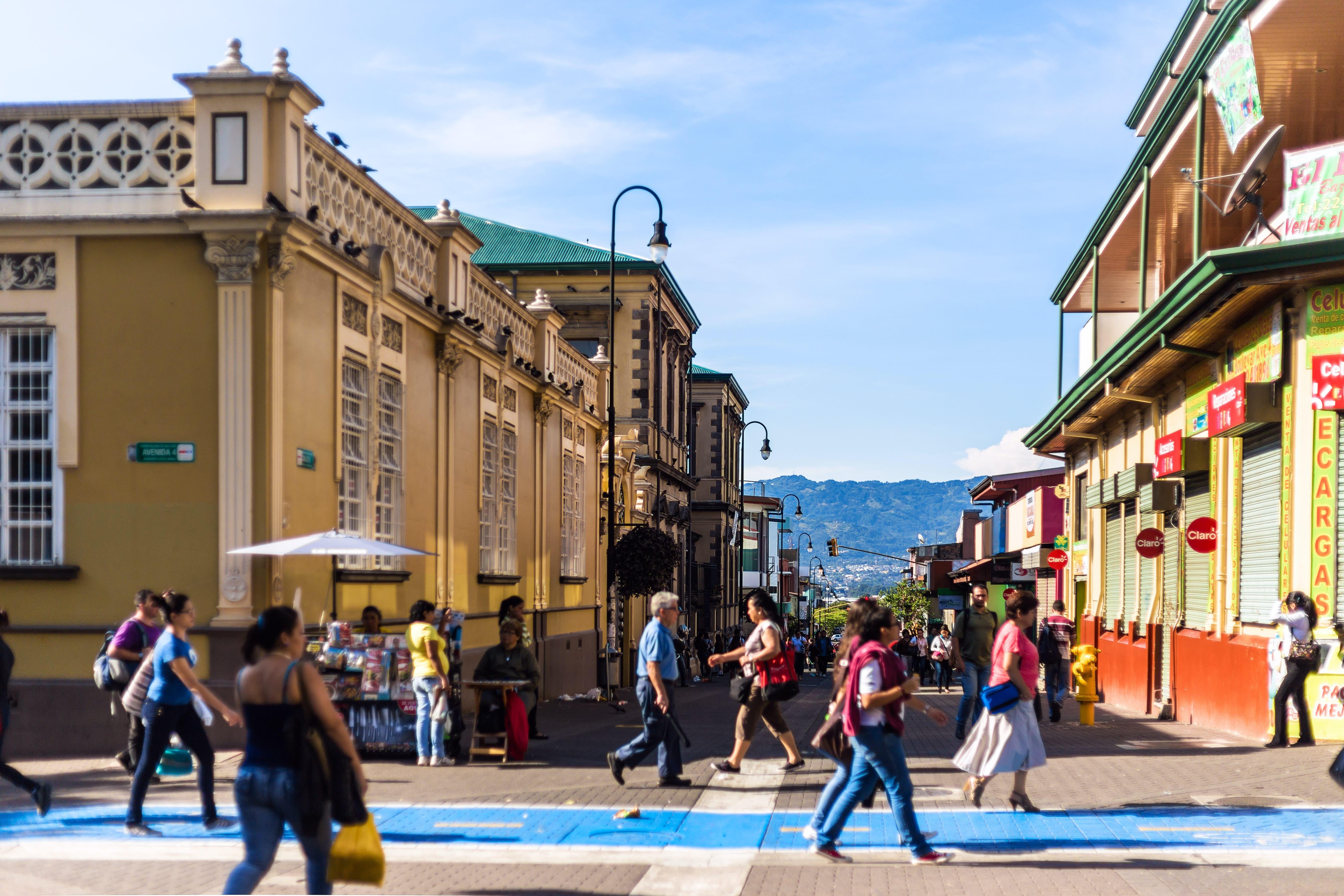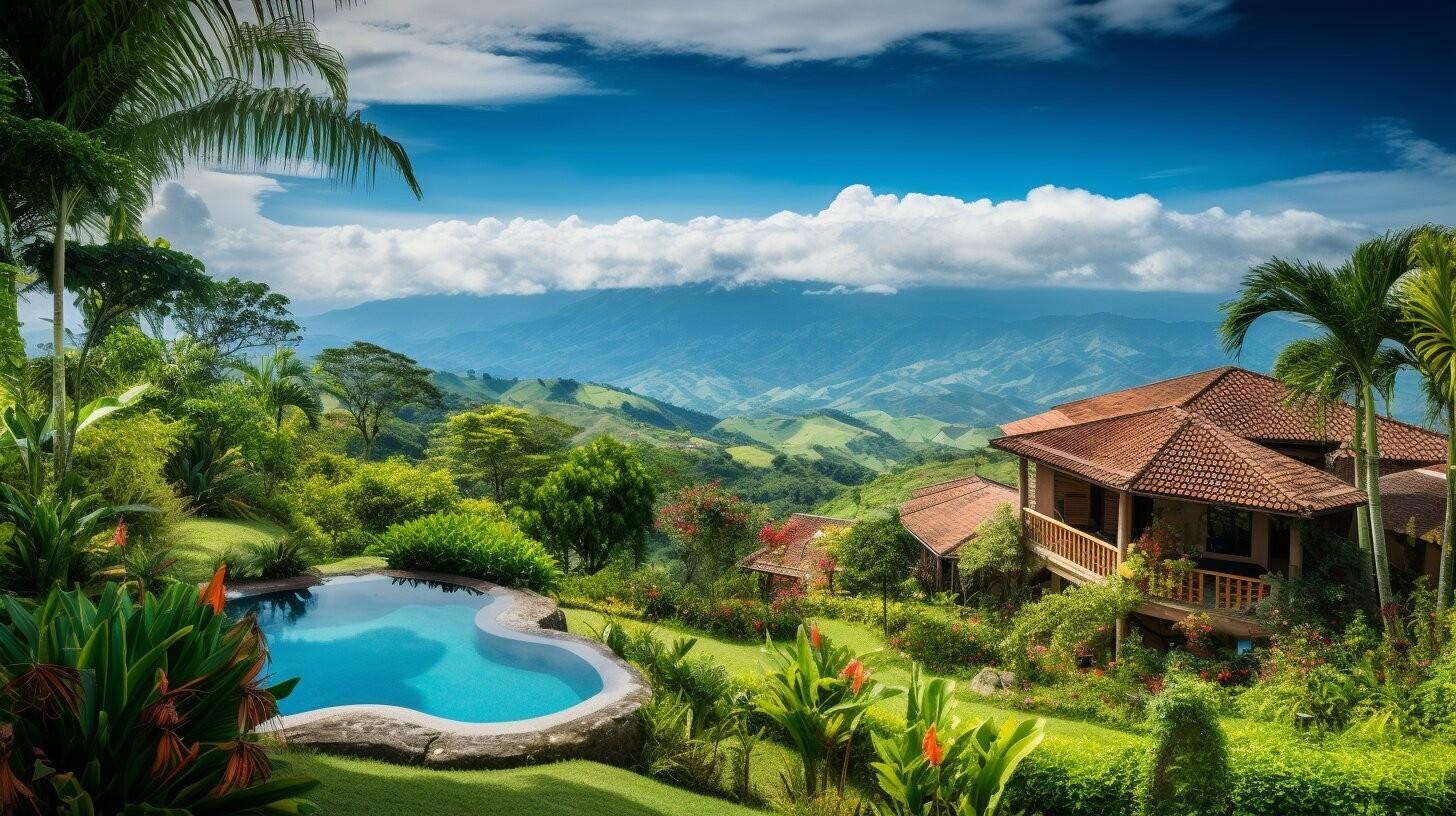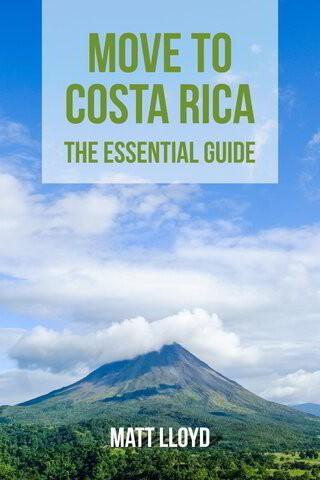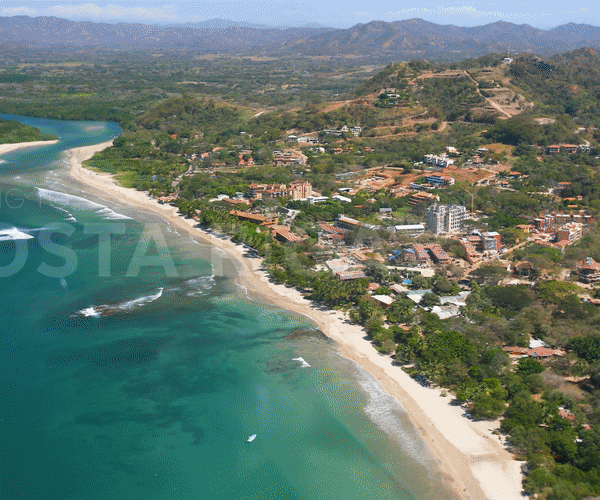Are you considering a move to Costa Rica? With its stunning natural beauty, warm climate, and vibrant culture, it's no wonder that many people dream of making this tropical paradise their new home.
However, relocating to a foreign country involves careful planning and research to ensure a smooth transition. My husband and I are ex-pats in Costa Rica, and planning for the move, getting help, and being open-minded helped us prepare and land here in a great way.
This is Part 1 of two parts. We’ll count backward, and today, we’ll look at top questions #10 down through #6 about moving to Costa Rica. In our next article, we’ll count from #5 to the top question, #1. 🙌🏻
I hope to help you make informed decisions about moving to Costa Rica and embrace the Pura Vida lifestyle.
10) What are the cultural differences and challenges I should be aware of when moving to Costa Rica?

Moving to a new country always comes with cultural differences and challenges. Some experience culture shock when moving to Costa Rica (or any new country). You can take action to move through culture shock.
The "Tico Time" concept in Costa Rica reflects a more relaxed approach to punctuality and time management. Embracing this laid-back attitude can help you adapt to the local culture.
Additionally, learning Spanish is highly beneficial for integrating into the community and understanding the local way of life. While English is widely spoken in tourist areas, Spanish remains the official language of Costa Rica.
Finally, respect for the environment is deeply ingrained in Costa Rican culture, and the country has made significant strides in environmental conservation. Expats are encouraged to adopt eco-friendly practices and be mindful of their environmental impact.
Costa Rica is generally considered safe for residents and tourists alike. It has a stable political environment and a low crime rate compared to many other countries in the region. However, like any country, there are areas with higher crime rates, and petty theft can occur in tourist-heavy regions.
As with traveling or living in any foreign country, exercising common sense and being aware of your surroundings is essential. Researching the safety of specific neighborhoods and staying informed about local news can help you decide where to live and how to keep safe in Costa Rica.
Click here for information from the U.S. Embassy in Costa Rica.
*NOTE — Our home was robbed a few months after arriving. We had “get security” on our to-do list but didn’t move quickly enough. I think we were naïve and didn’t take the possibility of being robbed seriously. Since then, we have put in a security system and have had no further incidents.
8) What is the education system like for ex-pats in Costa Rica?

Costa Rica takes pride in its education system, one of the best in Latin America. Both public and private schools are available, with public education being free and compulsory for all residents.
Many expats opt for private international schools for their children that offer bilingual programs and follow foreign curricula.
Costa Rica also has several reputable universities for higher education, some of which offer courses in English. Expats seeking to further their education or their children's education can explore these options to find suitable academic programs.
7) How do I find a job or start a business in Costa Rica?
Finding employment in Costa Rica is challenging because the government prioritizes hiring locals over foreign workers. To work in Costa Rica legally, you must be a citizen or legal permanent resident. You must obtain a work visa if you don’t fit into these categories.
However, specific fields, such as teaching English, technology, or eco-tourism, may offer more opportunities for ex-pats. Still, don’t bank on your ability to work within the Costa Rican system as your way of moving here.
To start a business in Costa Rica involves navigating through legal and bureaucratic procedures, but the country welcomes foreign investment and entrepreneurship.
Conduct thorough market research to identify viable business opportunities and seek advice from local business consultants or legal professionals to ensure compliance with regulations.
6) What are the best places to live in Costa Rica?

Costa Rica offers diverse environments, each with its unique charm. Some of the most popular areas for ex-pats include:
a) The Central Valley: Including the capital city, San Jose, this region boasts a pleasant climate, access to modern amenities, and proximity to international airports.
b) Guanacaste: Known for its stunning beaches and dry, tropical climate, Guanacaste is a popular choice for those seeking a coastal lifestyle.
*NOTE — This is where we live. We chose this area because it’s near the beach, on the drier side, and proximity to healthcare (Liberia) and the airport.
c) Southern Zone: Offering lush rainforests and a laid-back atmosphere, the Southern Zone appeals to nature enthusiasts and those looking for a more tranquil setting.
d) Arenal: Located around the iconic Arenal Volcano, this area features hot springs, outdoor activities, and a vibrant expat community.
e) Caribbean Coast: With a unique Afro-Caribbean influence, this region offers beautiful beaches and a distinct cultural experience.
When considering the best place to live, factors such as climate, proximity to amenities, cost of living, and personal preferences play a crucial role. It's always advisable to visit different areas and get to know each community before deciding.
With so many different micro-climates, sub-cultures, and terrain, exploring the different areas by visiting or even moving, but renting in various locations for a while, is an excellent way to get a natural feel for each area. If you don’t plan on buying property and renting, you can move and explore without any severe investment upfront.
A Final Thought
Moving to Costa Rica can be a life-changing and rewarding experience for those seeking a tropical paradise to call home.
I hope addressing these top-asked questions gives you a clearer picture of what to expect and consider when leaping.
Remember to do thorough research, seek professional advice, and take the time to immerse yourself in the local culture.
By embracing the Pura Vida lifestyle, you'll find yourself enchanted by Costa Rica's breathtaking landscapes, warm-hearted people, and a newfound sense of serenity.
*Stay tuned for Part 2 when we continue our countdown and answer the top questions #5 through #1!
Pura Vida! 🌺




